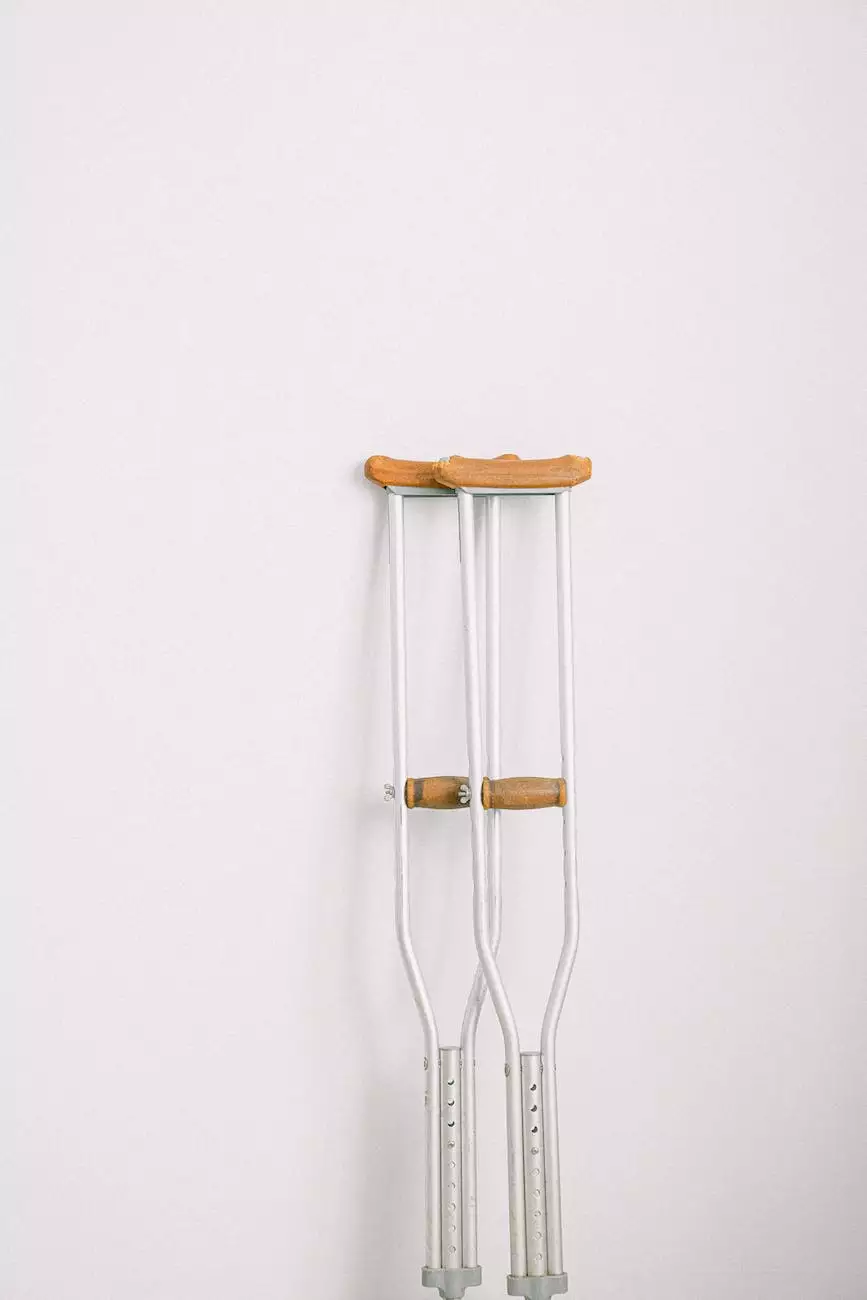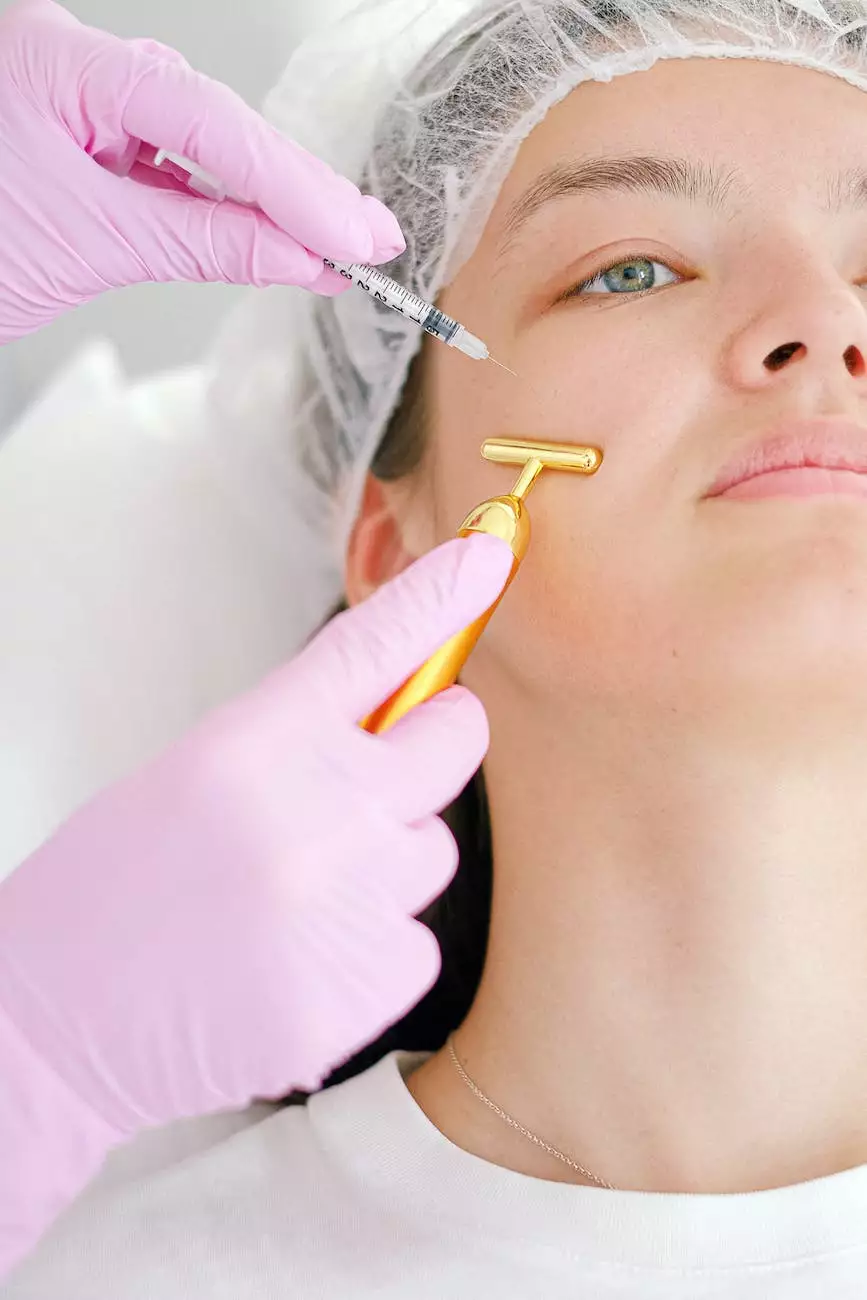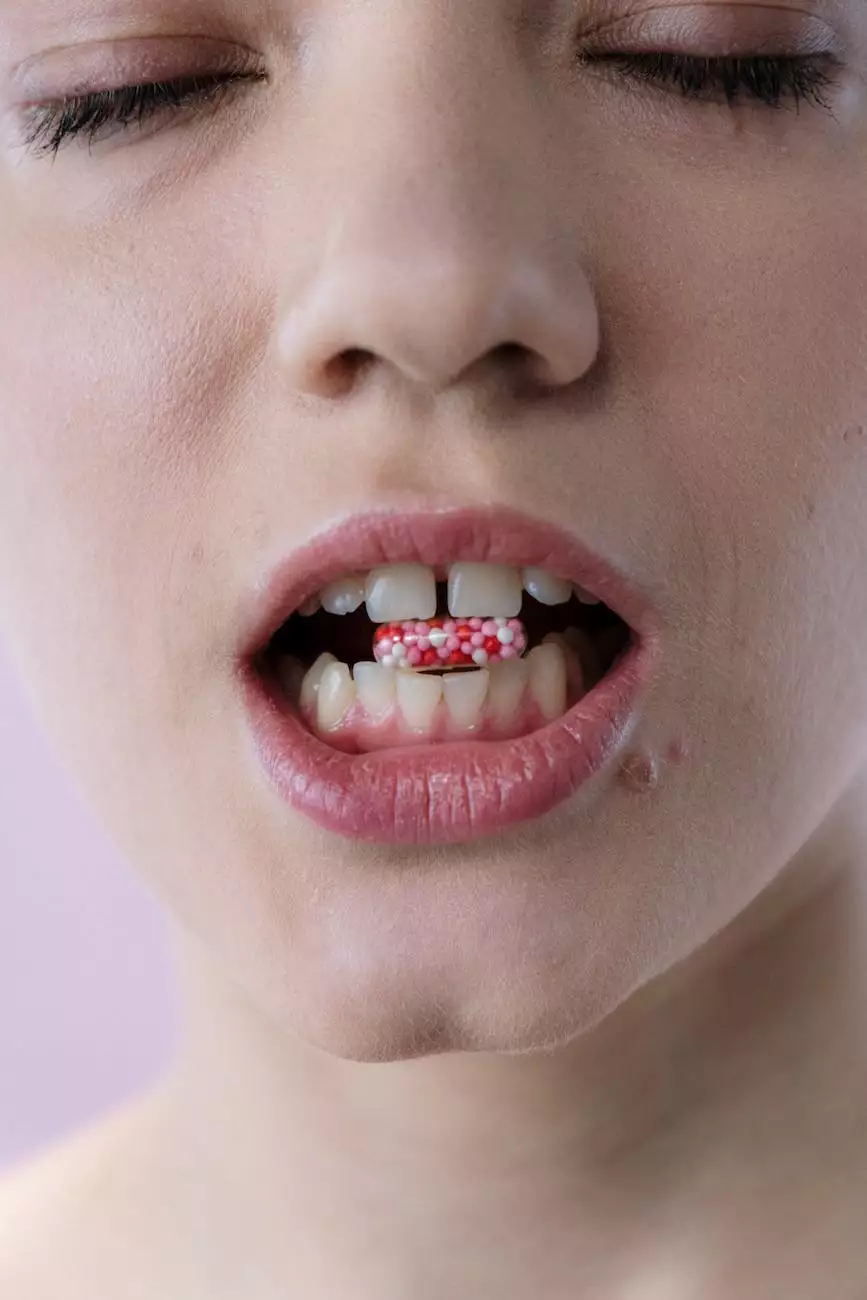Should I Avoid Rubbing My Eyes?
Eye Care
Introduction
Welcome to David J Scholten, OD, PC, your trusted source for eye health information. In this article, we will explore the topic of whether or not you should avoid rubbing your eyes. As experts in the field of eye care, we aim to provide you with valuable insights and advice to maintain optimal eye health.
The Importance of Eye Health
Before we delve into the discussion around rubbing your eyes, let's first understand the significance of maintaining good eye health. Our eyes are incredibly precious and play a vital role in our daily lives. They enable us to see and experience the world around us. Therefore, it is crucial to take proactive measures to protect and care for our eyes.
The Temptation to Rub Your Eyes
We all experience moments where the temptation to rub our eyes becomes overwhelming. Whether it is due to itchiness, tiredness, or a foreign body sensation, rubbing the eyes seems like a natural instinct to find relief. However, it is important to note that excessive eye rubbing can have potential risks and implications for our eye health.
Understanding the Risks
Rubbing your eyes vigorously can lead to various complications and eye conditions. Let's explore some of the risks associated with frequent eye rubbing:
1. Eye Infections
Our hands are a breeding ground for germs and bacteria. When we rub our eyes without washing our hands thoroughly, we risk introducing harmful microorganisms into our eyes, increasing the chances of developing eye infections such as conjunctivitis (pink eye) or styes.
2. Corneal Abrasions
The cornea is the clear, protective layer at the front of the eye. Rubbing your eyes forcefully can lead to corneal abrasions, which are scratches on the corneal surface. These abrasions can cause pain, redness, and sensitivity to light, requiring medical attention.
3. Eyelid Damage
Continuous rubbing of the eyes can cause damage to the delicate tissues and structures surrounding the eyes, including the eyelids. This can result in eyelid inflammation, irritation, or even eyelid drooping (ptosis), affecting both the aesthetics and functionality of the eyes.
4. Progression of Eye Conditions
If you already have an existing eye condition, such as dry eyes or allergies, rubbing your eyes can worsen the symptoms and further exacerbate the underlying problem. It is crucial to follow the recommended treatment plan provided by your eye care professional to manage your condition effectively.
Alternative Methods for Eye Relief
While rubbing your eyes may provide temporary relief, it's essential to explore alternative methods that are safe and promote eye health:
1. Blinking
Blinking helps to distribute tears evenly across the surface of the eye, providing natural moisture and reducing dryness. Remember to blink regularly, especially when engaged in activities that require intense visual focus, such as working on a computer or reading.
2. Eye Drops
If you frequently experience dry, irritated eyes, consider using lubricating eye drops recommended by your eye care professional. These drops can provide immediate relief and help maintain optimal eye moisture.
3. Cold Compress
If your eyes are irritated, itchy, or swollen, try using a cold compress. Applying a clean, damp cloth or a cool eye mask to your closed eyes can help alleviate discomfort and reduce inflammation.
4. Seek Professional Advice
If you are consistently experiencing eye discomfort or have any concerns about your eye health, it is essential to consult with a qualified eye care professional. They can perform a comprehensive eye examination and provide personalized guidance based on your specific needs.
Conclusion
In conclusion, while the temptation to rub your eyes may be strong, it is advisable to avoid excessive rubbing to safeguard your eye health. The risks and potential complications associated with eye rubbing underline the importance of adopting alternative methods for eye relief. Protect your eyes, follow good eye care practices, and consult with a trusted eye care professional like David J Scholten, OD, PC to ensure optimal eye health and well-being.









